Your questions about Lactose-free milk answered!
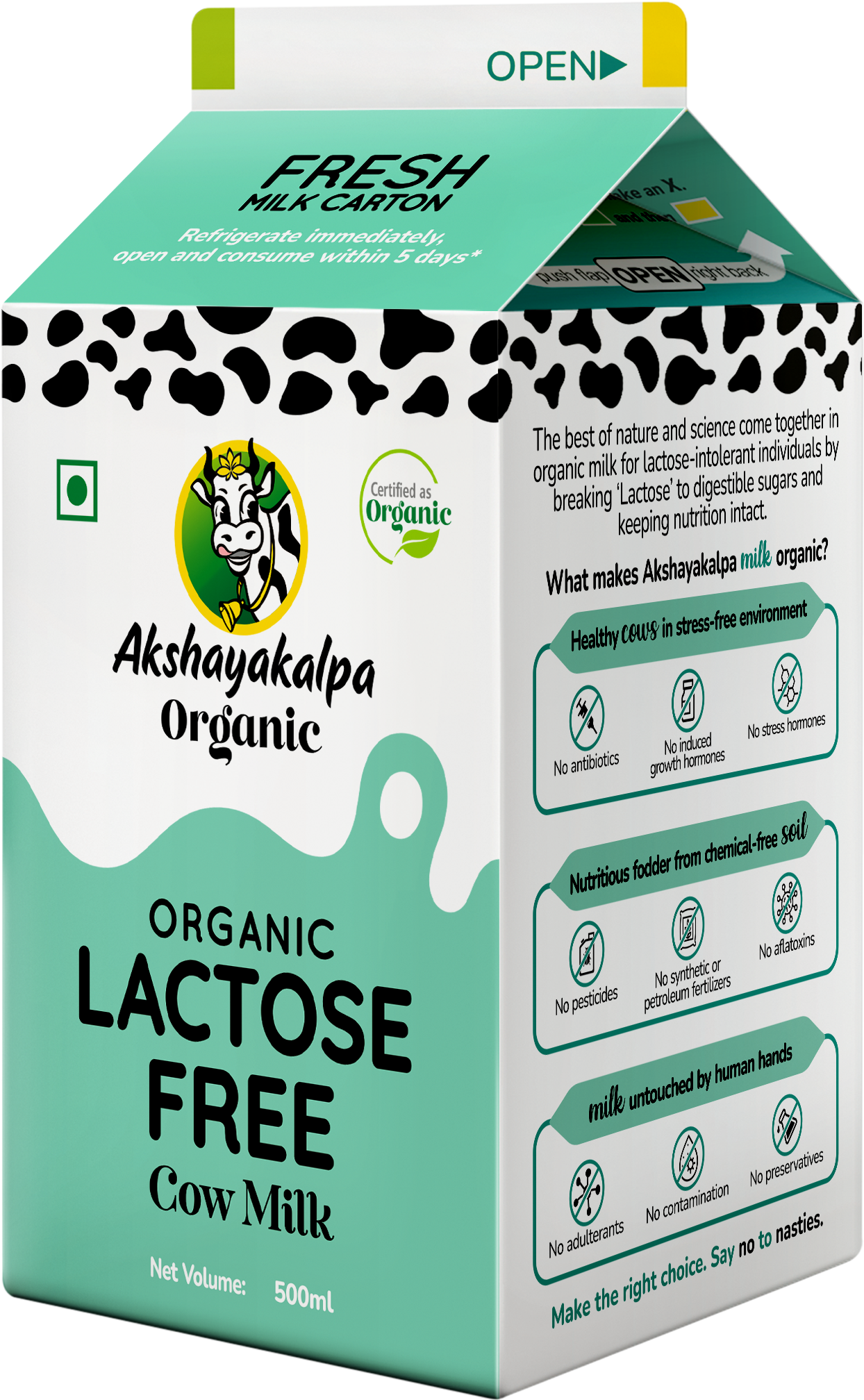
Does enjoying your cup of coffee, sipping on a milkshake or indulging in your favourite ice-cream leave you feeling sick, bloated or nauseous? You could be lactose-intolerant!
Lactose is a naturally-occurring type of sugar found in dairy. Some individuals do not produce enough lactase enzyme to digest this sugar, they are known to be suffering from lactose-intolerance or lactase-deficiency.
1 in 10 adults around the world have self-diagnosed themselves to be suffering from this condition due to digestive issues and almost 70% of the world’s population suffers some form of intolerance towards dairy.
But not all intolerance conditions are the same. Broadly, they can be classified into 4 types:
– Primary lactose- intolerance: is a normal result of aging. This means that you could probably digest milk when you were younger but this ability gradually reduces with age.
– Secondary lactose-intolerance: is due to an illness like ‘irritable bowel syndrome’ or an injury to the small intestine
– Congenital lactose-intolerance: is when one is born with the condition
– Developmental lactose-intolerance: is seen in premature babies born before 34 weeks
Whatever the case may be, with developments in science and technology, individuals with any kind of lactose-intolerance can now enjoy the benefits of milk. Lactose-free name, contrary to what the name suggests, is not devoid of lactose. Instead, lactase enzyme is added to the milk to help break down lactose into easily digestible sugars – making this milk safe for individuals with intolerance.
However, this new type of milk brings with it its own set of questions. Below are some of the commonly queries related to Lactose-free milk:
1. Who can drink Lactose-free milk?
While Lactose-free milk is specially designed for individuals with lactose-intolerance, anyone can drink this milk. An additional dose of lactase is not harmful to a body that is already producing it.
2. Does boiling reduce the lactose in regular milk?
Boiling or heating milk does break down the lactose to some extent. However, it does not completely break down. Whether lactose-intolerant individuals can digest boiled milk better depends on the degree of intolerance from person-to-person. Individuals with severe intolerance cannot digest cooked milk in the form of baked goods, soups or desserts etc either.
3. Does lactose-free milk have lesser nutrients?
Lactase enzyme is the only addition to regular milk to convert it to lactose-free milk. Nothing else is added or removed and all the nutrients of the milk stay intact. However, the nutrition of the lactose-free milk depends on how nutritious the regular milk was to begin with.
4. Is lactose-free milk less fattening?
Adding lactase to the milk does not alter the protein, carbohydrate, fat or calorie content of the milk. Thus, there is no evidence to prove that lactose-free milk is less fattening.
5. Can lactose-free milk be frozen?
Just like regular milk, lactose-free milk also has a certain shelf-life that is indicated on the packaging and depends on the treatment or processing of the milk. It can be frozen but usually after defrosting, the texture of the milk becomes a little grainy.
6. Does lactose- free milk cause constipation or loose bowels or other stomach ailments?
While there is no conclusive proof to suggest that lactose-free milk causes digestive problems, it is important to note that it cannot be consumed with persons with a milk or dairy allergy.
Akshayakalpa Lactose-free milk is specially-designed to help individuals with lactose-intolerance meet their nutritional needs. Now everyone can enjoy the benefits of fresh, organic milk from happy, healthy cows living on organic farms and feeding on organic fodder. The lactose-free milk is free from antibiotics, synthetic hormones and chemical residues and full of naturally-occurring nutrition in every sip.
Now you too can enjoy your cup of coffee – stress-free!
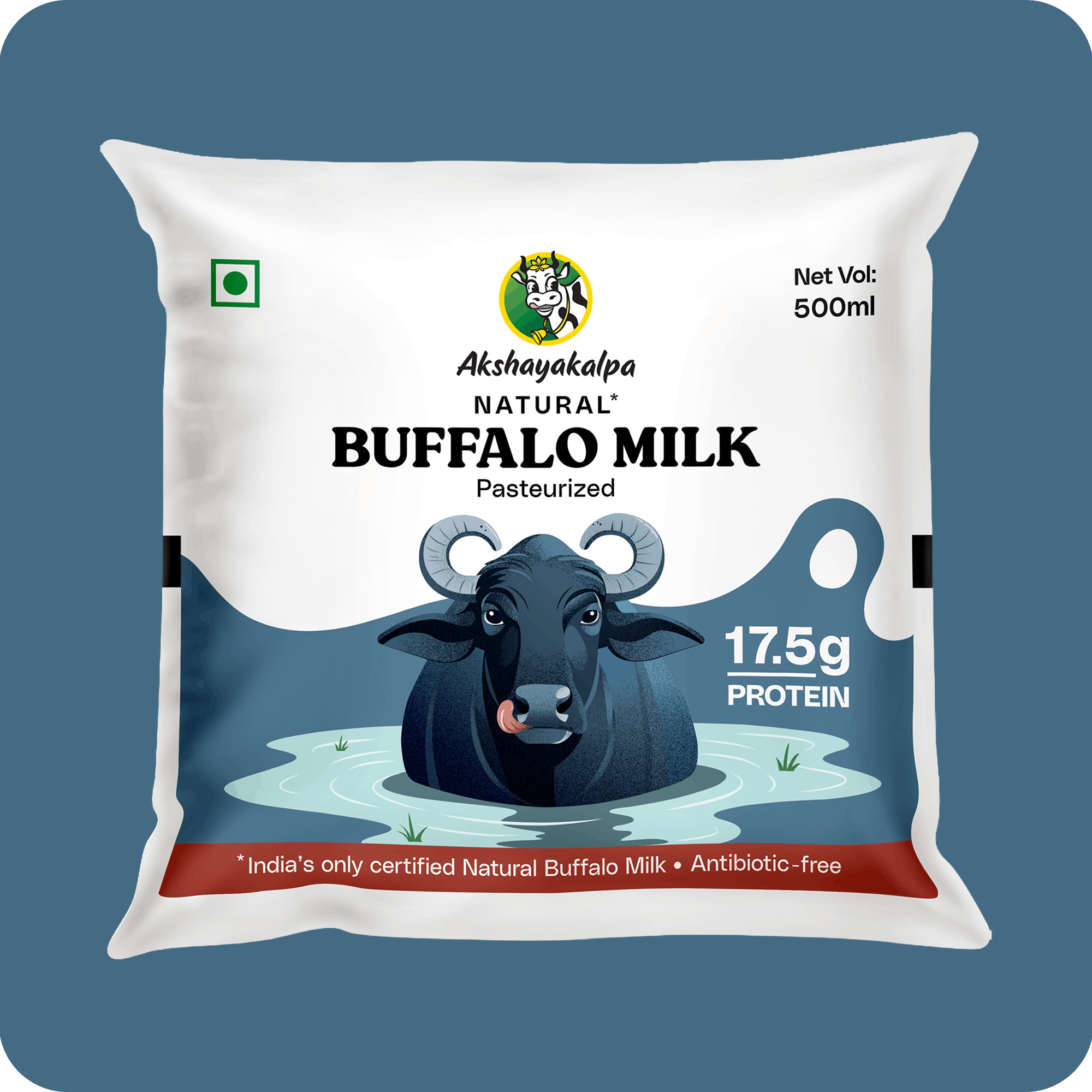
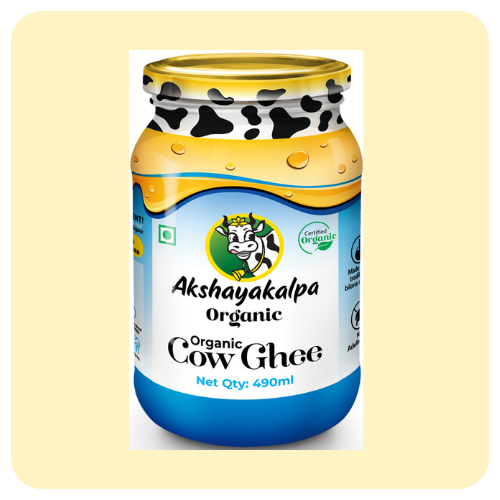
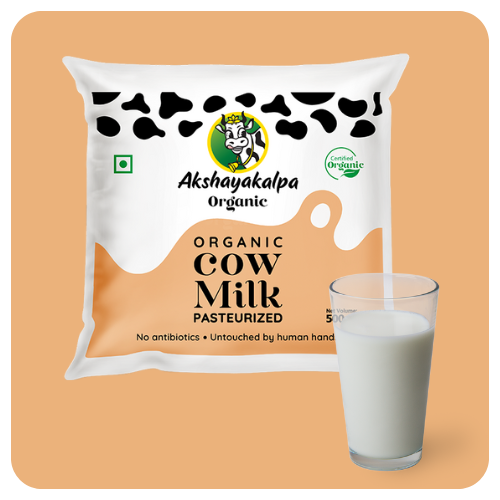

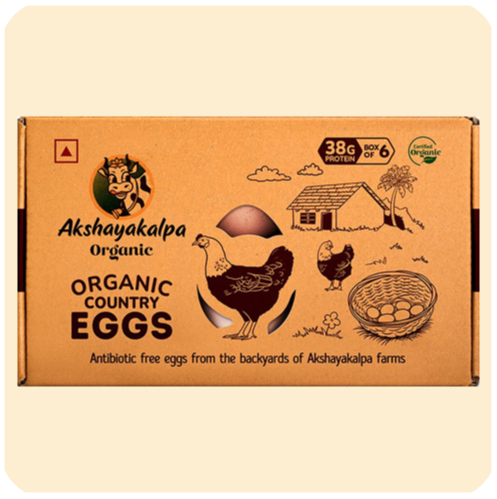
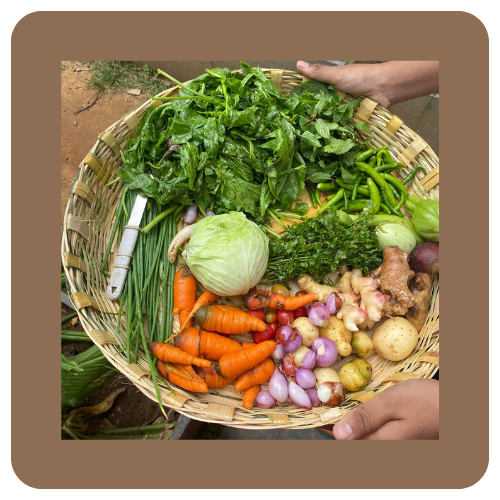
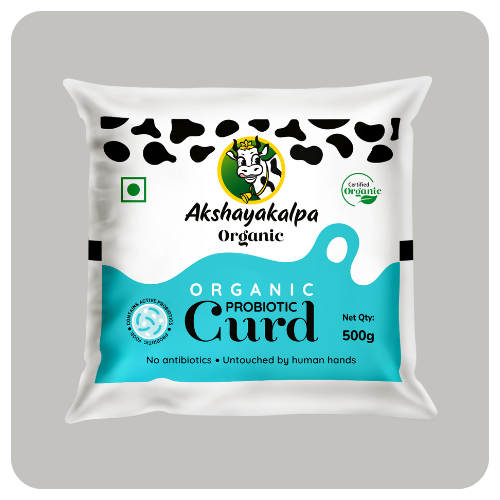
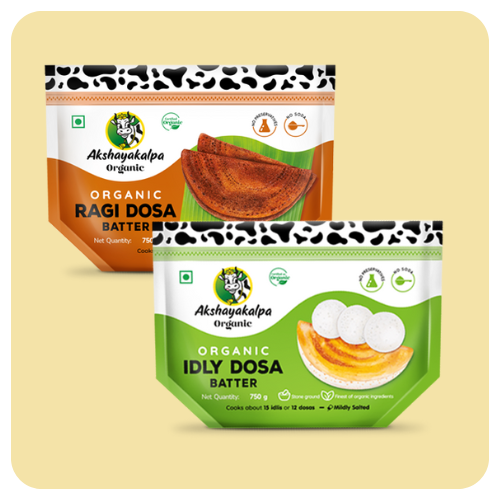

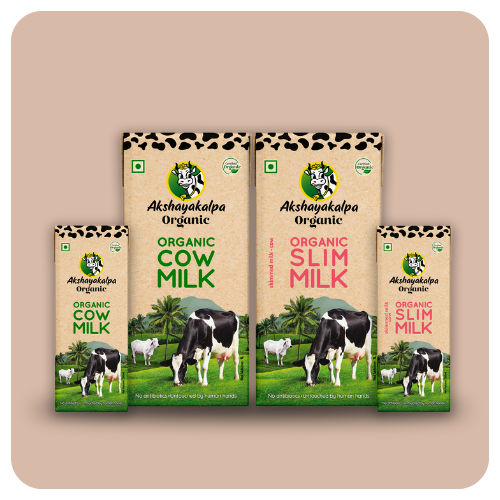
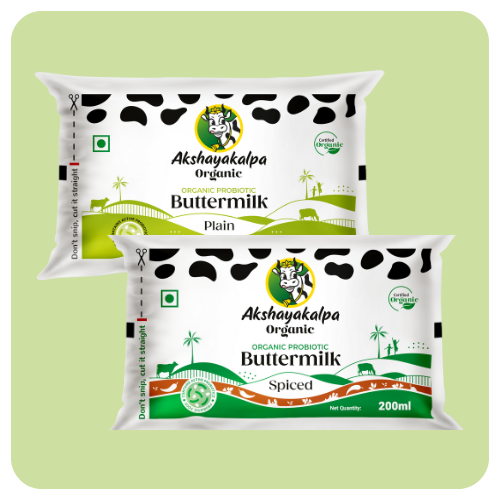

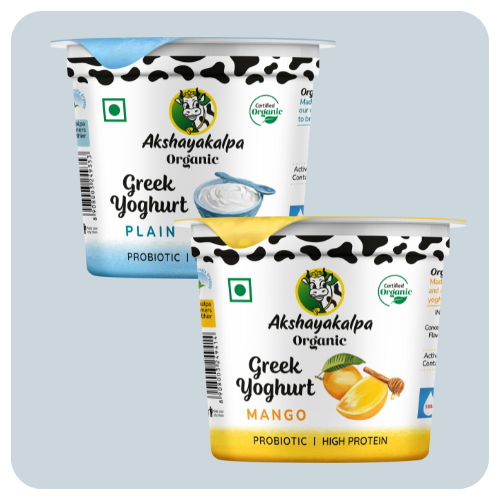

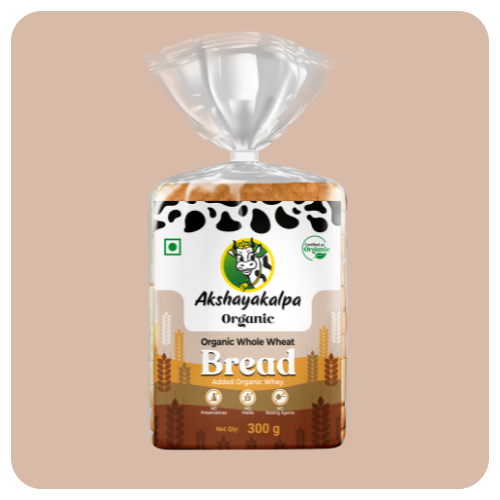
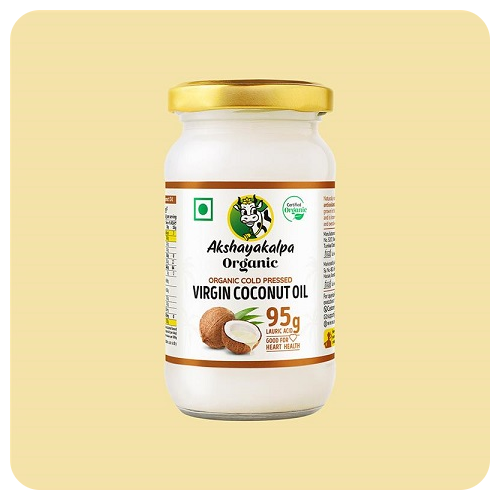



What will happen if I boil your lactose free milk?can I boil it?